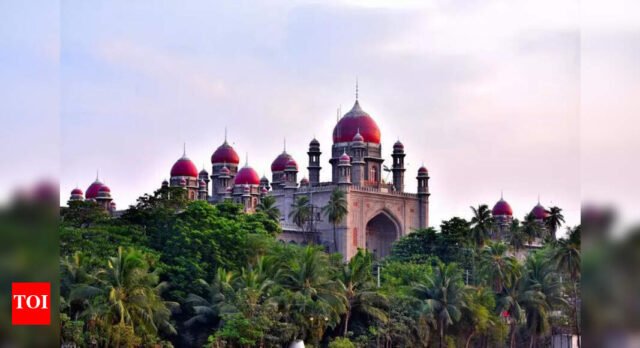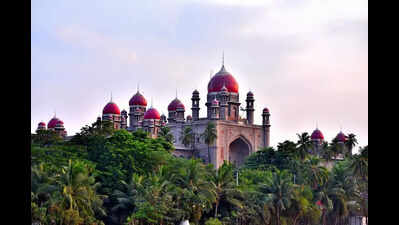Hyderabad: Justice K Lakshman of Telangana high court on Wednesday directed the Bhoodan Board and the state govt to furnish to the court details of land donated by various donors under the Bhoodan Movement in the last 75 years and its current status along with particulars of the redistribution of the land by the state to the landless.The judge was wondering whether the Bhoodan Board will be able to display any willpower to protect even a square yard of Bhoodan land in the state. While one petitioner in this case is seeking a CBI probe, the other was seeking a probe under the Commissions of Inquiry (COI) Act.The Bhoodan Movement, a voluntary land reform movement, was initiated by Acharya Vinobha Bhave from Pochampallay village (now in Yadadri Bhuvanagiri district) in 1951.Conveying the stand of the state, additional advocate general T Rajanikanth Reddy informed the court that they were ready to appoint a COI probe if the court orders a statewide probe on all the Bhoodan land issues. However, he clarified, “we are opposing any such probe in the current case, because the petitioners are espousing a private cause”.The judge was hearing pleas by two petitioners who sought a probe into the way Bhoodan land in Nagaram village in Rangareddy district was sold to scores of IAS and IPS officers. Earlier, the high court had directed the state to keep the subject land in the prohibited list till further orders. The bureaucrats, who purchased the land, approached the court urging it to vacate the restraint order. They said that the petitioners were seeking irrelevant reliefs with unconnected facts. There are four survey numbers in the village and the land they purchased has nothing to do with Bhoodan land. They also contended that the petitioners later started raising new contention that the land was not Bhoodan land but govt land. The counsel for one of the petitioners, who was seeking a probe under the CoI Act, did not turn up for Wednesday’s hearing and a proxy counsel sought time to present their case.Senior counsel P Sri Raghu Ram appeared for the bureaucrats and said that the petitioners have no locus standi to raise the issues. They came to court without any material to make out a case, he said. Urging the court to vacate the restraint order, he said that courts could grant prohibitory orders only when the petitioners have any legal right over the land. “Courts can give such orders only when there are any legally enforceable rights under Article 226 of the Constitution,” Sri Raghu Ram said. The judge posted the case to Thursday for further hearing.








